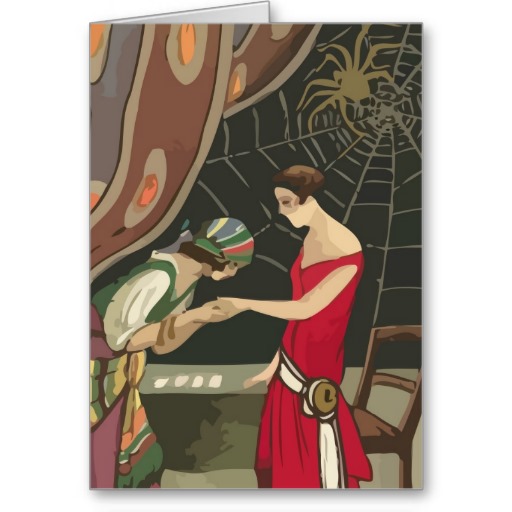A woman named Margaret Byrne was indicted for having, on the 16th of May last, at Sandycove, stolen a pair of trowsers and a pair of boots, the property of John Short. Mrs Short stated that about three o’clock on the 16th of May the prisoner came into her house, and after some ordinary conversation asked for a drink of water, which she gave her. She said that she had a load of cheese coming to her, and that she would give her (witness) some of it, as she appeared to be in a delicate state of health. She ascribed her ill health to the fact that she was in the habit of getting into bed at the side instead of the foot, which so displeased the fairies or ‘the good people’, that they visited the house every night and afflicted her with delicacy of constitution. This practice of offending the fairies she recommended her to discontinue. She next spoke of the cholera, and said that she had an herb which was a sure preventive against it. She her (witness) a sprig of it, and desired her to deposit it in a box, as then she might rest assured that the disease would not enter the house. Witness took the sprig, and put it in the box as directed. The prisoner then asked her for a shilling, and on witness telling her that she had no money she asked for a ‘shilling’s worth,’ and described herself as ‘the Queen of the Fairies’. [‘Melancholy Credulity’ articles add here ‘The prisoner was a tall, gaunt, bony, gi-mouthed, red-faced, high cheekboned, Meg Merrilies-like woman, and rather tough in skin and age.] Witness offered her a pair of boots, which she refused to take, alleging that they were not worth a shilling, but asked for the trowsers. Witness said that she could not give them, but upon being told by the prisoner that she would not love by giving them, because next morning she would find them restored to the very spot in the which she had placed the enchanted sprig, she gave them accordingly. Next morning she went to the box, and lo! – there was the sprig, but there not the trowsers; and the boots which the prisoner had rejected as valueless were also gone. Not only did the prisoner describe herself as ‘the Queen of the Fairies’ – and indeed she must have struck the witness as an exceedingly ugly sovereign, for in stature she was gaunt and awkward; her face seemed to have been painted by potations pottle deep, and she more resembled a Billingsgate Boadicea than the queen of a fairy band – but she also announced that she was on the ‘road to Paradise’ where she would arrive (whether by railway or omnibus she did not say) in fourteen days; and as eating was indispensable she requested the loan of a loaf, which would be of course returned, when, like Apollo, she was turned out of Heaven. When the prisoner left the house she proceeded, not to ‘a better world’, but to a pawnbroker’s, in whose establishment she pawned the trowsers and boots, the duplicates of which were found in her possession when arrested by the police. The witness protested that she was not so agitated by the revelation that ‘the Queen of the Fairies’ had condescended to enter her humble dwelling, that soft slumber fled her pillow, and that she was in a wretched state of mind, believing everything which the prisoner had told her. Mr J. A. Curran appeared as counsel for the prosecution. The jury found the prisoner guilty, and Mr Justice Crampton sentenced her to be imprisoned for six months and kept to hard labour. Anon, ‘The Queen of the Fairies’, (1849), 4


